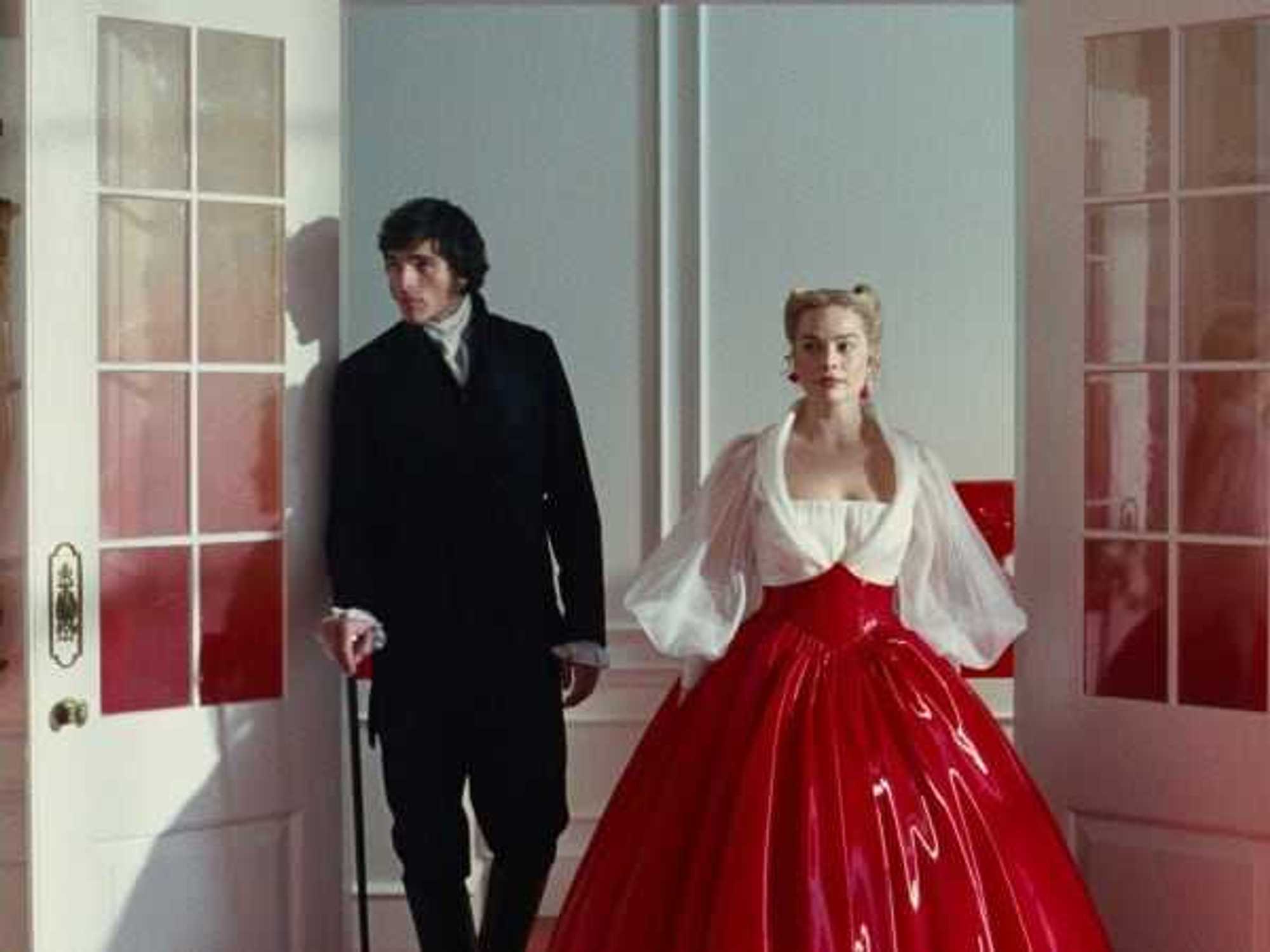War on Terror
Oscar contender Zero Dark Thirty takes a thrilling look at the most importantstory of the 21st century
It’s been a little more than 11 years since 9/11, and the film community has slowly but surely used its creative powers to depict both the events of that day and the fallout that ensued. Some have delved into the wars in Iraq and Afghanistan themselves, but most have dealt with other elements, from the politics surrounding the wars to how the battles affect soldiers and their families.
In retrospect, it seems like all of those movies were leading up to a film like Zero Dark Thirty, an inside look at the decade-long search for high-level al-Qaeda operatives, specifically Osama bin Laden. The film focuses on Maya (Jessica Chastain), a CIA analyst who’s tasked with tracking down any and all clues about members of al-Qaeda and who becomes the most dogged pursuer of bin Laden.
What’s so fascinating about the film is the way director Kathryn Bigelow and screenwriter Mark Boal, reprising their partnership from the Oscar-winning The Hurt Locker, structured the narrative. They break the story into chapters, each signifying some kind of change that happens in the manhunt. They intersperse depictions or references to terrorist attacks, not only to keep us apprised of the chronology of events, but also to remind us that al-Qaeda was far from inactive post-9/11.
Jessica Chastain is the glue that holds the movie together. She imbues a familiar character — the lone wolf who will stop at nothing to achieve her goal — with ferocity, confidence and tenderness.
Thankfully, they are also judicious in how they present the intelligence that’s compiled. Instead of overwhelming us with the glut of details the CIA gathered over the years, they dish out just enough information to keep things authentic and intriguing. The methods of gathering the intelligence are important, not the minutiae that comes along with it.
Because this is actual history, not historical fiction, everything in the film takes on an extra sense of urgency. Yes, we all know that the story ends with the killing of bin Laden, but it’s mesmerizing to see the process that led up to that point.
Naturally, the film is somewhat political, but never overtly so. It matter-of-factly presents torture like waterboarding as an accepted form of interrogation before just as practically saying that it’s fallen out of favor. The film neither blames nor celebrates any particular political party; rather, it contains the kind of grousing one would expect from CIA agents who are sometimes hampered by the wishy-washiness of its government.
Chastain is the glue that holds the movie together. Whether or not Maya is based on an actual person or she is a composite of various people, her story is compelling. Chastain imbues a familiar character — the lone wolf who will stop at nothing to achieve her goal — with ferocity, confidence and tenderness.
She’s far from the only standout in the film, though. Jason Clarke plays a fellow agent who shows Maya the ropes, and he is intense, funny and smart. Kyle Chandler gets a few nice scenes as the CIA station chief in Pakistan, while other familiar actors pop up in small but crucial roles.
Zero Dark Thirty is an amalgam of the many different films on similar topics, taking the best of them and leaving out anything unnecessary. But it’s also a definitive take on one of the biggest stories of the 21st century, and one that wholly deserves to be called the best picture of the year.

